
Q: What does the word 'pharaoh' mean and when was it first used?
A: It comes from the ancient Egyptian for 'great house', but what it actually means is 'king'. And it's a word that today we use to describe ancient kings of Egypt, but the Egyptians themselves didn't always use it.
Q: When did the era of the Egyptian pharaohs begin?
A: The first person we can really say ruled all of Egypt was Narmer in about 3100 BC. Before that, the land we now know as Egypt was made up of independent cities and satellite communities along the Nile and in the Nile Delta. So, the era of the pharaohs can really be seen to have begun with political unification of the country and continued to the reign of Cleopatra, who died in 30 BC. And there was never any real determination to break away from having a king, or pharaoh, of Egypt during this time.
Q: How many pharaohs ruled Egypt between c3100 BC and 30 BC?
A: It's very difficult to tell. For some periods, we have really good records, but for other periods we don't have any records at all, so it's very hard to trace king after king. What's more, during the times when Egypt was split into two separate kingdoms, there were two rival pharaohs on the throne at the same time, which also confuses things. And there were also occasions when kings ruled together, as well as regencies. But I would say there were probably at least 300 pharaohs during this period, possibly more, although they were not all from the same family line.
Q: Why did the pharaonic era last so long?
Denne historien er fra June 2022-utgaven av History Revealed.
Start din 7-dagers gratis prøveperiode på Magzter GOLD for å få tilgang til tusenvis av utvalgte premiumhistorier og 9000+ magasiner og aviser.
Allerede abonnent ? Logg på
Denne historien er fra June 2022-utgaven av History Revealed.
Start din 7-dagers gratis prøveperiode på Magzter GOLD for å få tilgang til tusenvis av utvalgte premiumhistorier og 9000+ magasiner og aviser.
Allerede abonnent? Logg på
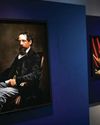
'Dickens's evocation of the fears, excitement and confusion of childhood is peerless'
DR LEE JACKSON ON WHY CHARLES DICKENS REMAINS RELEVANT TODAY
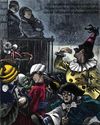
THE AUTHOR GOES ABROAD
Dickens expanded his horizons and boosted his fan-base by venturing overseas - but global fame came with a cost
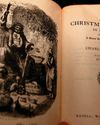
REVIVING THE FESTIVE SPIRIT
A Christmas Carol wasn't just a bestseller - it changed the way that Britons chose to mark the festive season
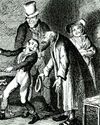
GIVING THE POOR A VOICE
From Hard Times to Oliver Twist, Charles Dickens used his pen to help illuminate the lives of the less fortunate
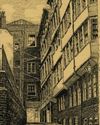
A JOURNEY THROUGH DICKENS'S LONDON
The works of Charles Dickens are synonymous with visions of Victorian London. We talk to Dr Lee Jackson about the author's love of the capital, and the locations that most inspired him
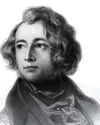
EXCEEDING EXPECTATIONS
Dr Lee Jackson chronicles Charles Dickens's journey from down-at-luck teenager to titan of Victorian literature
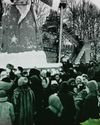
GIFTS, TREES & FEASTING
We take a journey through the photo archives to reveal how Christmas and its many traditions have been celebrated over the years - and around the world
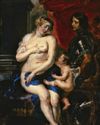
WHAT GREAT PAINTINGS SAY
We explore the story behind an allegorical painting that celebrates the triumph of love over hate, peace over war
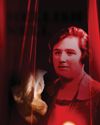
HELLISH NELL
Malcolm Gaskill delves into the life of Helen Duncan - the fraudulent Scottish medium whose ectoplasm-filled seances saw her ending up on the wrong side of the law
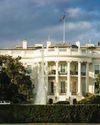
7 THINGS YOU (PROBABLY) DIDN'T KNOW ABOUT THE WHITE HOUSE
Presidential historian Dr Lindsay M Chervinsky reveals some of the most surprising facts about the world-famous US residence